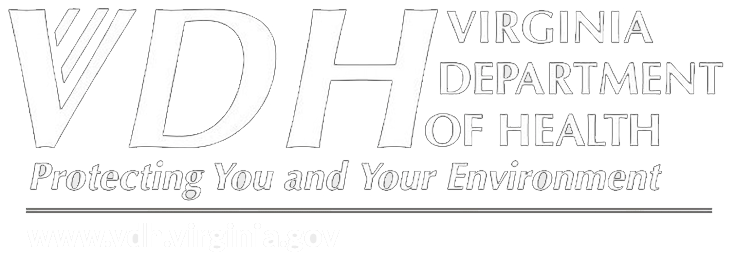Project ECHO is being spear-headed here by the Virginia Department of Health in partnership with three ECHO hubs, located at Virginia Commonwealth University (VCU), the University of Virginia and Virginia Tech Carilion School of Medicine.
We talked with Vimal Mishra, Medical Director of Telehealth at VCU, about Project ECHO.
Is Project ECHO the same thing as Telemedicine?
Dr. Mishra: No, telemedicine is direct patient care. Project ECHO is interaction between provider to provider, where the goal is for specialists in a particular area to share knowledge with primary care physicians and clinicians in communities throughout the state. It can absolutely revolutionize medical education in its ability to provide specialty care in communities that are more rural or remote.
How does it work exactly?
Dr. Mishra: There are patients who need specialty care with a chronic and/or complex condition, and there are not enough specialists to provide this care, particularly in underserved and rural areas. Project ECHO teaches and trains primary care clinicians to provide specialty care services in their own community where the patients live, so they can get the care they need, at the right time in the right setting. This improves outcomes and also lowers health care costs because of care being delivered more efficiently.
What is the Hub and Spoke model of Project ECHO?
Dr. Mishra: This is where the expert team is located at an academic medical center, or hub, and the spokes are the primary care clinicians who join us for the knowledge sharing sessions. They learn techniques and they also can present difficult cases. The primary team of experts here at VCU, for example, provides them with a guided practice model and helps them take care of the patients in their own community.
How many ECHO sessions do you hold every month here at VCU?
Dr. Mishra: We hold about two sessions every month. Each session is an hour and a half. The first 20 minutes is a didactive where we are seeking feedback from our community clinicians about the topics they want to learn about. It’s a process of seeking information, and then providing answers based on their needs. This is followed by two cases that are discussed, and participants are really engaged in sharing resource ideas and solutions. That’s the best part of Project ECHO.
How do participants access the Project ECHO sessions?
Dr. Mishra: We have a robust website, which displays upcoming topics and also has a link for participants to register to attend, and a link to communicate with us. We also record the sessions, so they can be accessed after the fact to listen and still earn the CME credits. We also maintain lists of community providers and clinicians to reach out to and inform what is upcoming, and we encourage them to participate.
Does someone need an expensive computer or equipment to join your session? Or can they do this through a smart phone?
Dr. Mishra: It’s always preferable to have an Internet presence and be able to access by laptop or computer. But we do have people join us by telephone as well.
Is there any early evidence that Project ECHO is impacting medical practices around Virginia?
Dr. Mishra: we’ve been running these sessions for more than a year now. In the survey results that we send out regularly, nearly 33% of those participating in Project ECHO documented that they changed some of their practice methods and also how they care for their patients, because of what they have learned in our ECHO sessions. That is the biggest value I see of Project Echo. This process is giving them the ability to raise the quality of care in the community as they provide better care to their patients.
